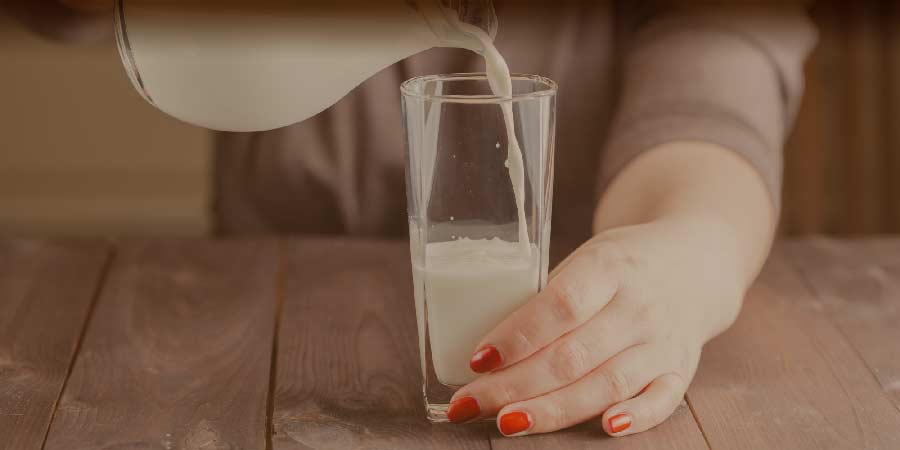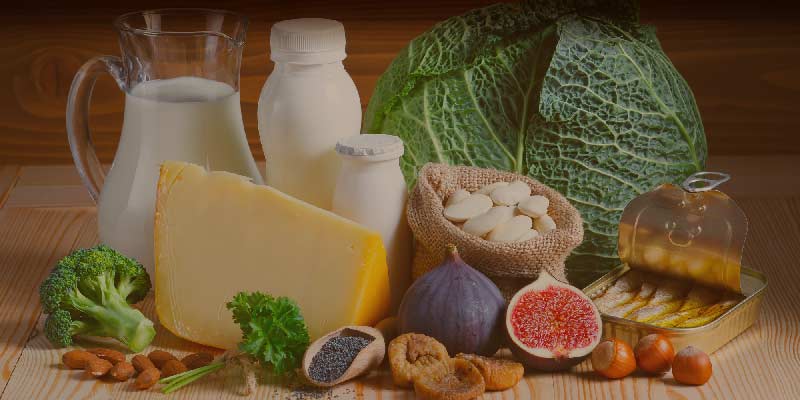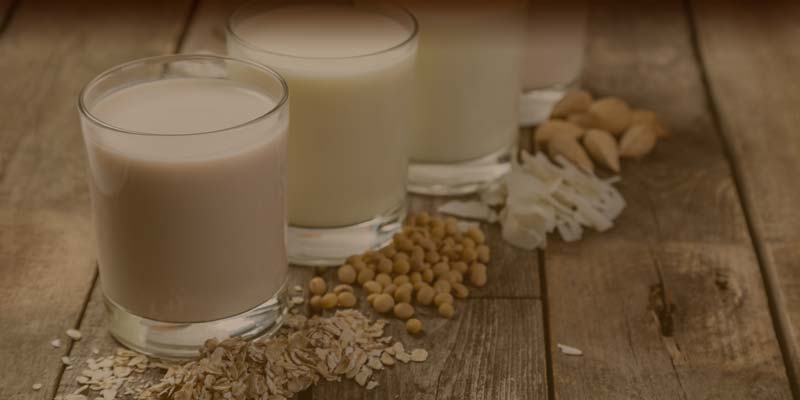Heading into our 40s is often a frantic time of juggling work, young families, finances and socialising, so healthy eating and exercising can be low on our lists of priorities. But this is also a time of life when there are big changes happening in our bodies, especially to our muscles and bones. Eating a healthy, balanced diet that includes dairy products can help provide us with nutrients that have an important role in helping us manage some of these changes.
MUSCLES IN MIDLIFE
By the time we are in our early 40s, we start to lose muscle as a natural part of getting older – a process called sarcopenia. Between the ages of 40 and 80 years, it’s estimated our muscle mass drops by 30-50%. How quickly this happens depends partly on how active we are – if we’re inactive this tends to happen more quickly. But once we’re in our 50s this loss of muscle speeds up and can affect our health in several ways.
Firstly, a drop in muscle means a drop in metabolism, so we burn fewer calories. If we don’t adjust our calorie intake to compensate for this, over time we can put on weight – what we often call middle-aged spread! Secondly, our muscles also help to support our joints so if our muscles are weak, our joints are put under greater pressure and start to wear out more quickly – even more so if we are also overweight. As we move into our more senior years, muscle weakness can begin to affect our mobility, balance and posture, making us more likely to suffer with falls and fractures.
Maintaining muscle
Staying as active as possible, exercising regularly – particularly including muscle-strengthening exercises – and making sure we get enough protein in our diet can help slow down the loss of muscle mass and strength that occurs with age. In fact, studies suggest that increasing our protein intake from middle age onwards may be a good idea to help offset the decline in muscle mass that naturally occurs as we get older. Quite simply, it’s better to try and slow down this loss of muscle as much as possible.
Milk and dairy products are great choices for providing protein, plus they contain calcium and potassium, which contribute to muscle function.
Avoiding middle aged spread
Gaining unwanted weight as we get older is certainly a common problem. The latest figures show that 37% of 16 to 24 year olds weigh too much. Fast forward three decades and 79% of 45 to 54 year olds are overweight. While a drop in metabolism has a part to play in this, it’s not something that happens overnight and is more likely to happen gradually over a longer period of time. Changes to our eating and exercise habits over the years tend to be a much bigger reason for expanding waistlines. Eating a healthy, balanced diet is the best way to maintain a healthy weight. Dairy products are an important part of this. There are plenty of lower-fat varieties of dairy, which are also lower in calories and so a good choice for anyone who wants to lose or maintain their weight. Better still, these lower-fat products still contain similar amounts of the other vitamins and minerals found in dairy products (except for vitamin A, which is removed with the fat part of the milk)
Find the calorie and fat content of different dairy products here
THE MENOPAUSAL HORMONE HOT SPOT
Our bones keep growing and strengthening until around our late 20s, when they are at their thickest and strongest, known as our peak bone mass. Then by our mid-30s, our bones gradually start to lose their strength. This is a normal part of getting older and it happens to everyone. It means that even in our 30s and beyond it’s still vital to get enough calcium and remain active (weight bearing exercise is particularly important), to help minimise the losses in bone density and strength that naturally occurs as we get older. In women, this is particularly crucial around the time of the menopause. The female hormone oestrogen helps to keep bones strong so when levels drop and the menopause is triggered, the rate at which women lose bone speeds up. In fact, women lose bone rapidly in the first few years after the menopause, making osteoporosis more likely in post-menopausal women.
Find out how dairy products can provide you with nutrients you need to keep your bones strong here
Last reviewed: 03/2021
Next review due: 03/2023











